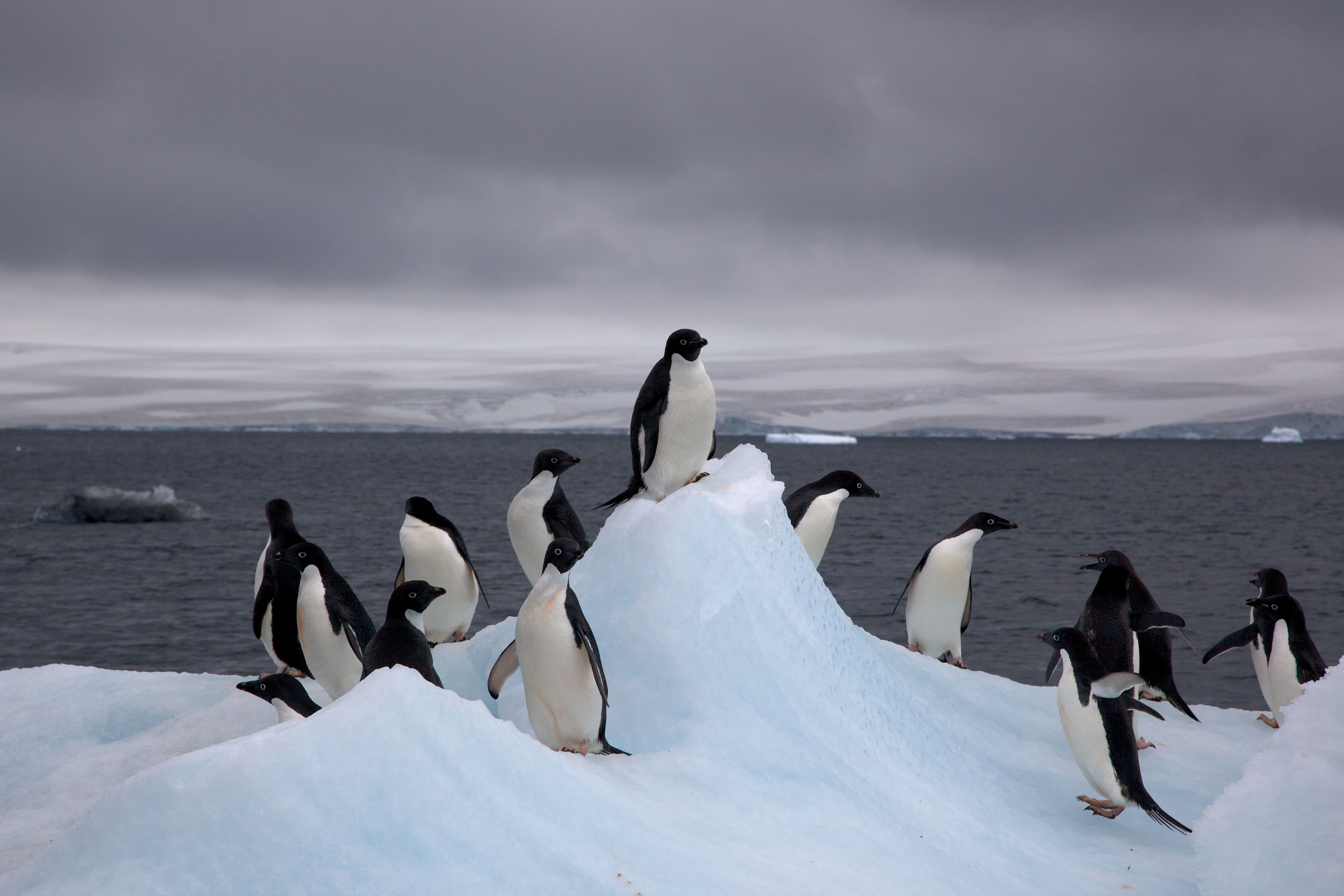
Journey to the ice: Unveiling Antarctica's McMurdo Station
What's the story
Antarctica's McMurdo Station is a research outpost located on the southern tip of Ross Island. It serves as a primary hub for scientists studying everything from glaciology to climate change. Despite its remote and harsh environment, McMurdo Station offers a unique opportunity for visitors to explore one of the most extreme landscapes on Earth, witnessing unparalleled natural beauty and scientific endeavor.
Solar phenomenon
Witness the midnight sun
One of the most surreal experiences at McMurdo Station is observing the midnight sun. Due to Antarctica's position on the globe, during summer months, the sun does not set for several weeks. This natural phenomenon provides continuous daylight, offering ample opportunity for exploration and photography. Visitors can take guided tours around Ross Island under the ever-present sun, experiencing a day that literally never ends.
Heritage sites
Explore historic huts
Near McMurdo Station are historic huts used by early Antarctic explorers like Robert Falcon Scott and Ernest Shackleton. These preserved sites offer a glimpse into the past challenges faced by explorers during their expeditions in the early 20th century. Guided tours allow visitors to step back in time, learning about historical exploration efforts while surrounded by ice and snow.
Fauna encounters
Encounter Antarctic wildlife
Despite its icy exterior, Antarctica around McMurdo Station is teeming with wildlife, particularly during the warmer months. Visitors can expect to see species such as seals lounging on ice floes, penguins waddling along shores, and whales breaching in nearby waters. Organized wildlife viewing excursions ensure that travelers can safely observe these animals in their natural habitat without disturbing them.
Educational experience
Participate in science talks
McMurdo Station is more than landscapes; it's a key center for scientific research. Visitors have the chance to attend talks by researchers on climate change and marine biology. This blend of education and adventure offers an immersive experience in one of Earth's last frontiers, where science meets wilderness. It's an enriching journey into important research amidst Antarctica's extreme beauty.